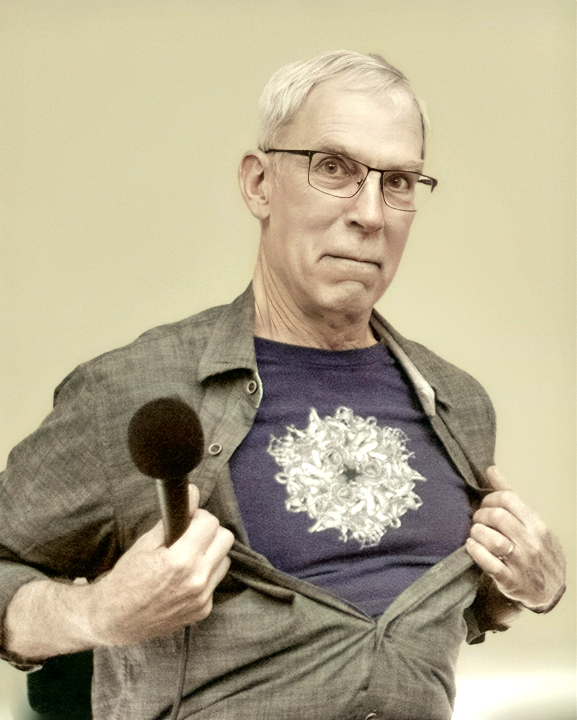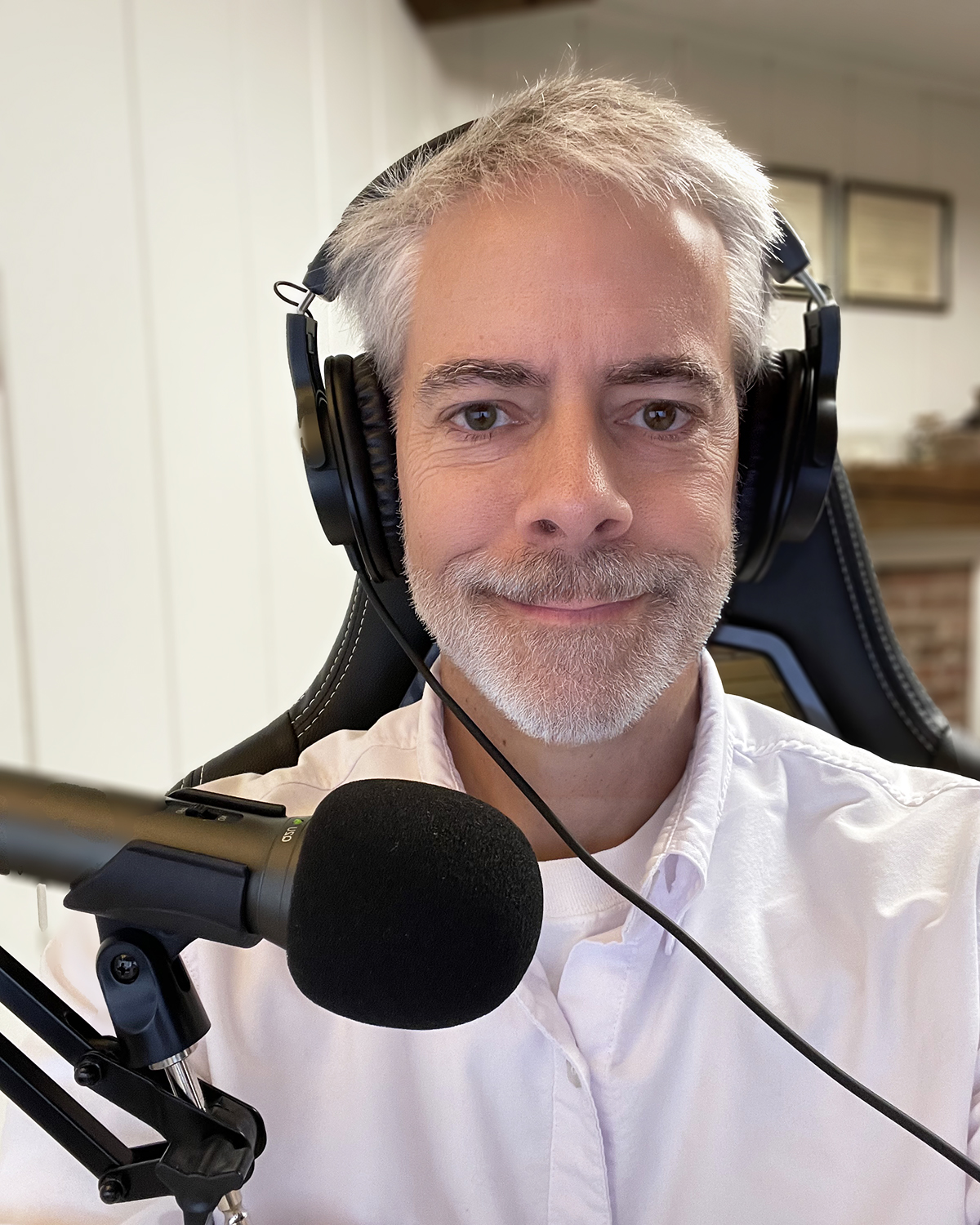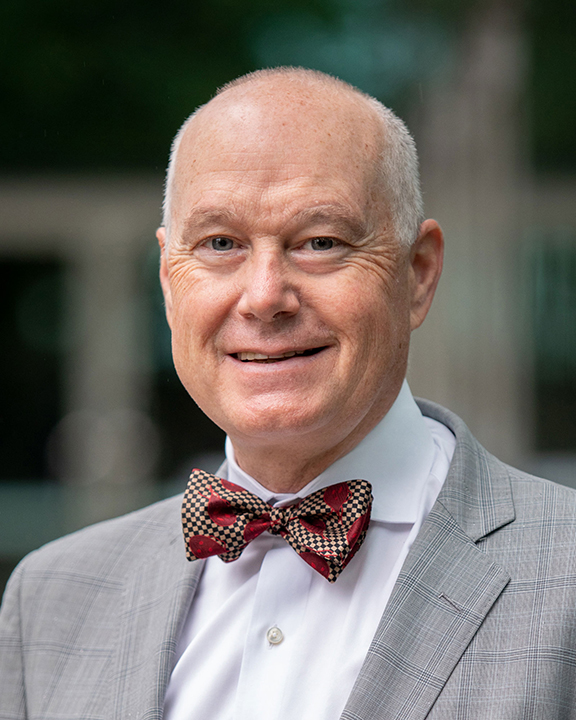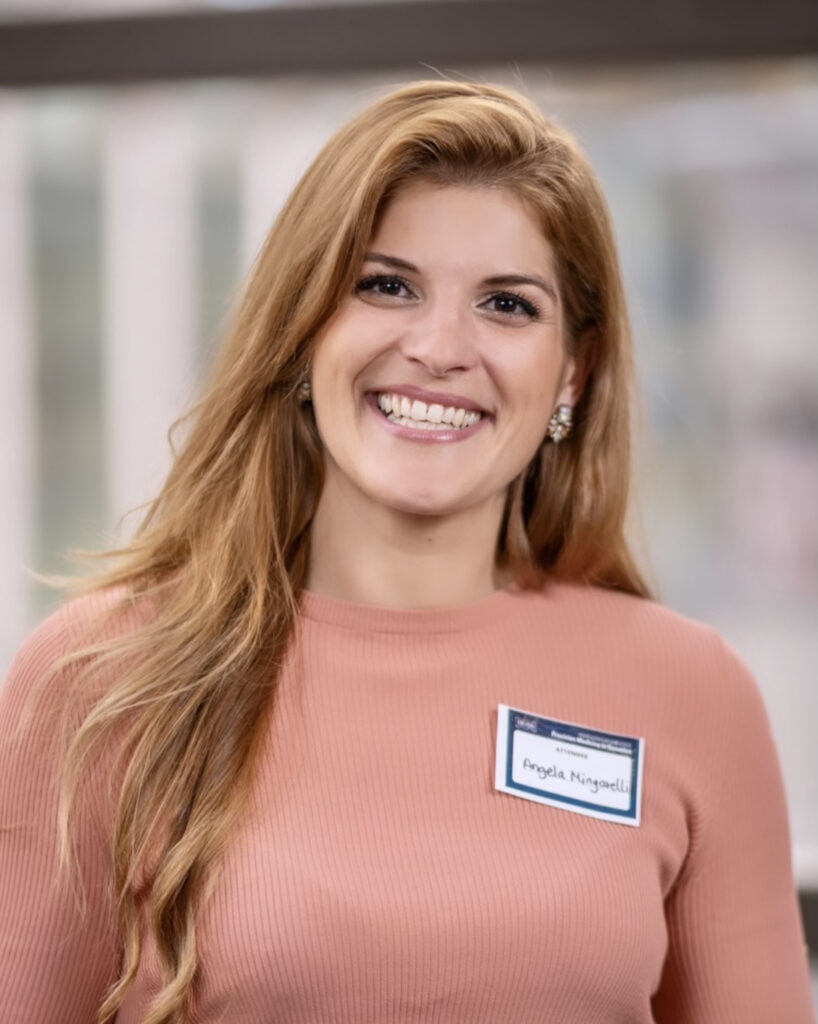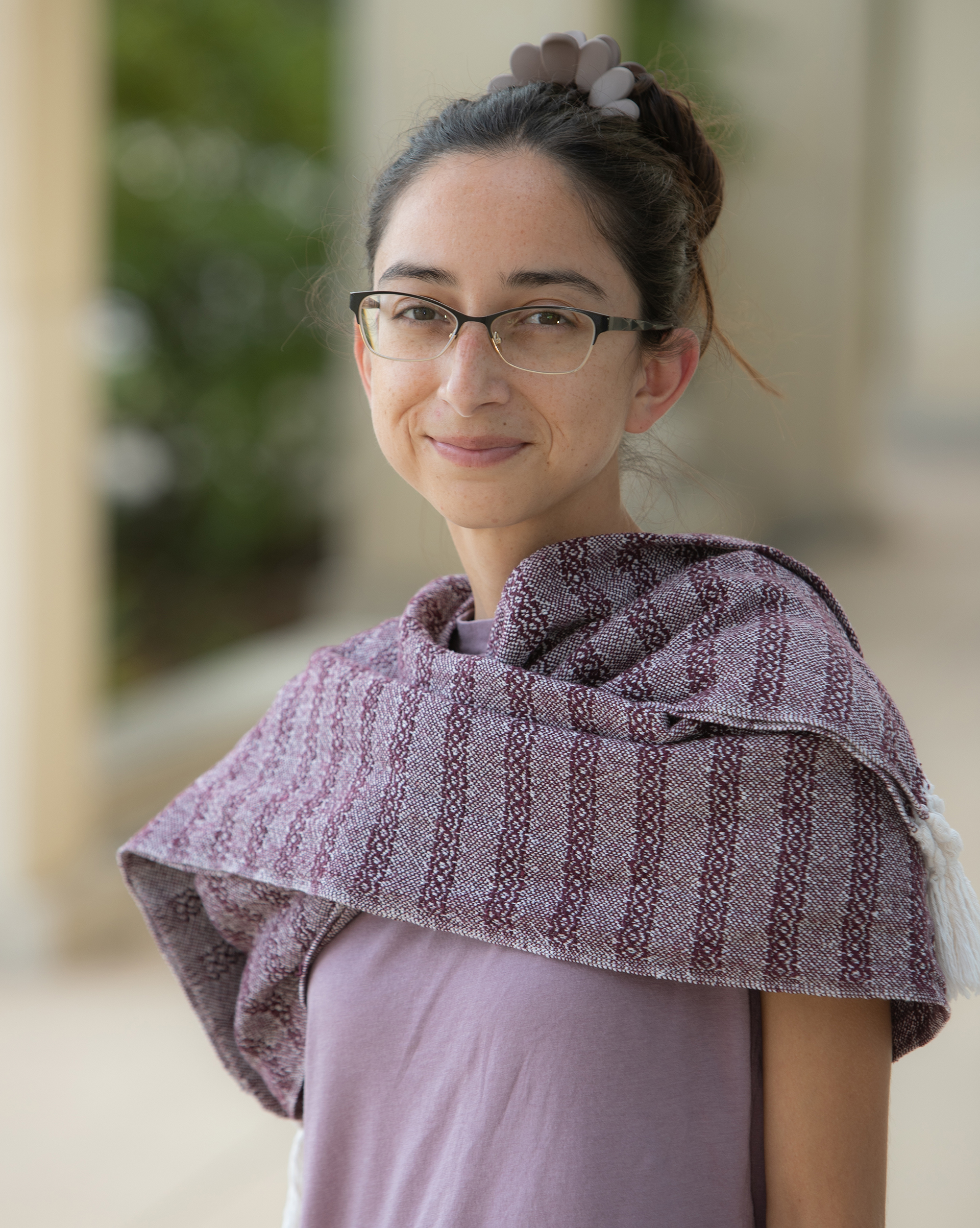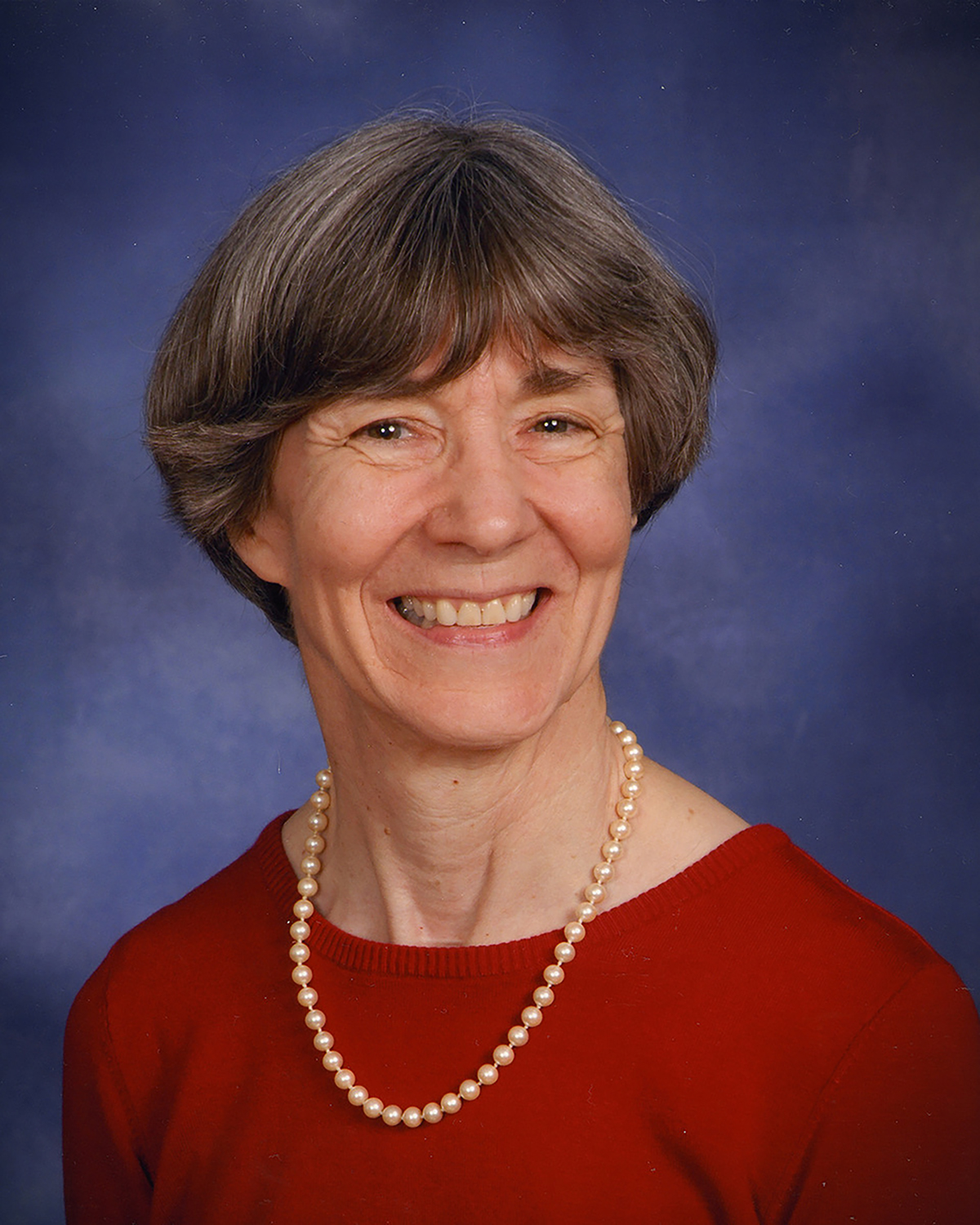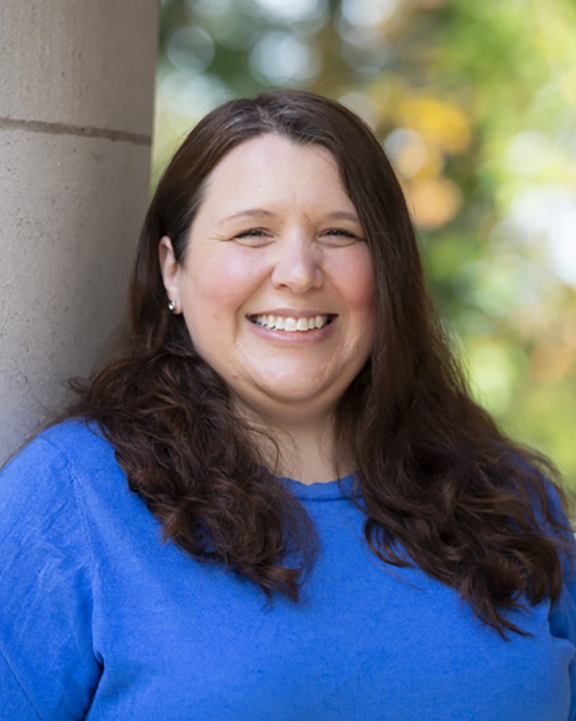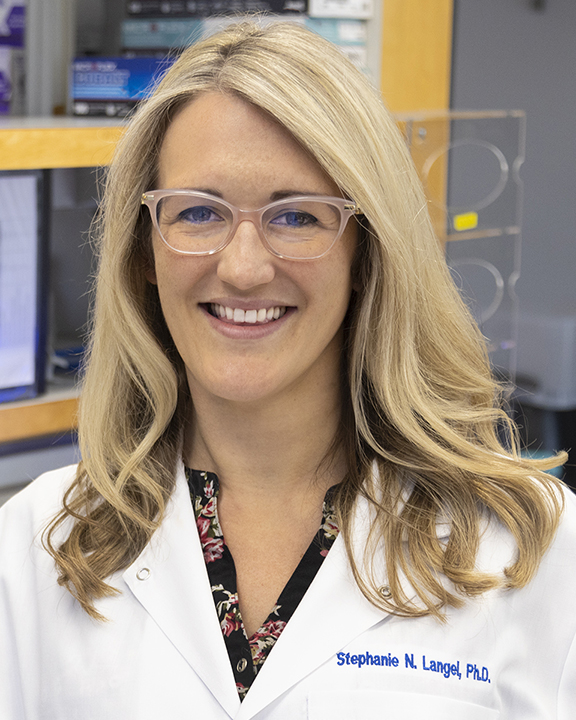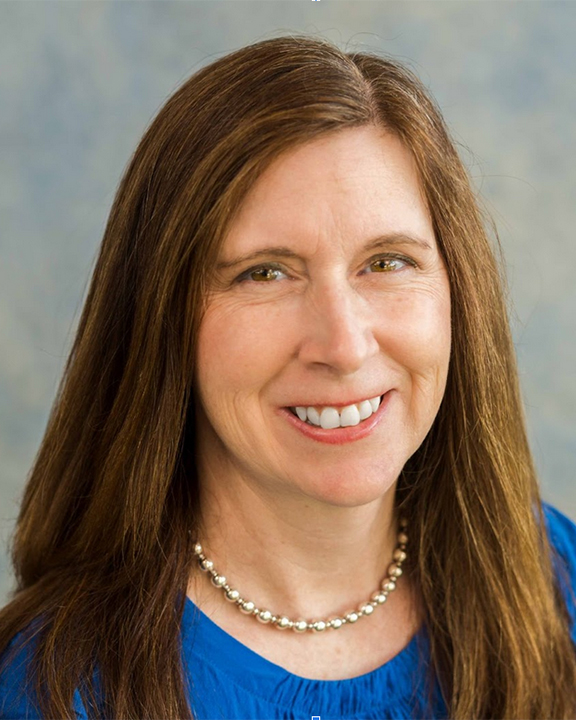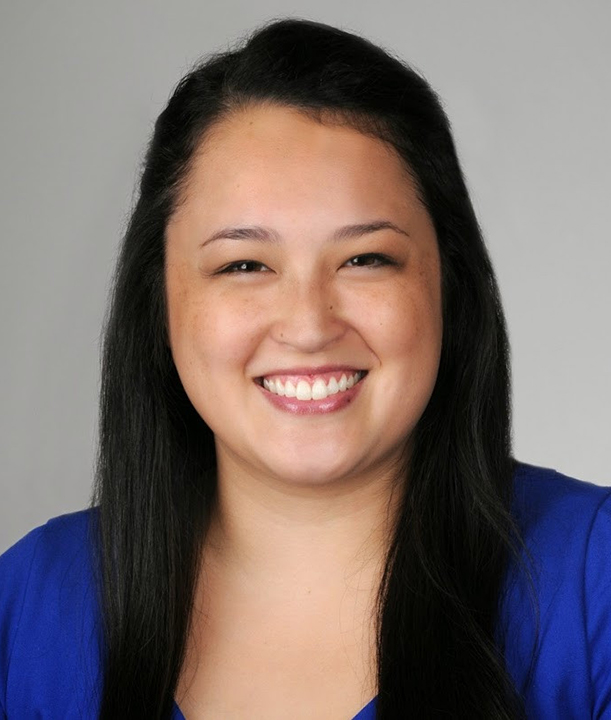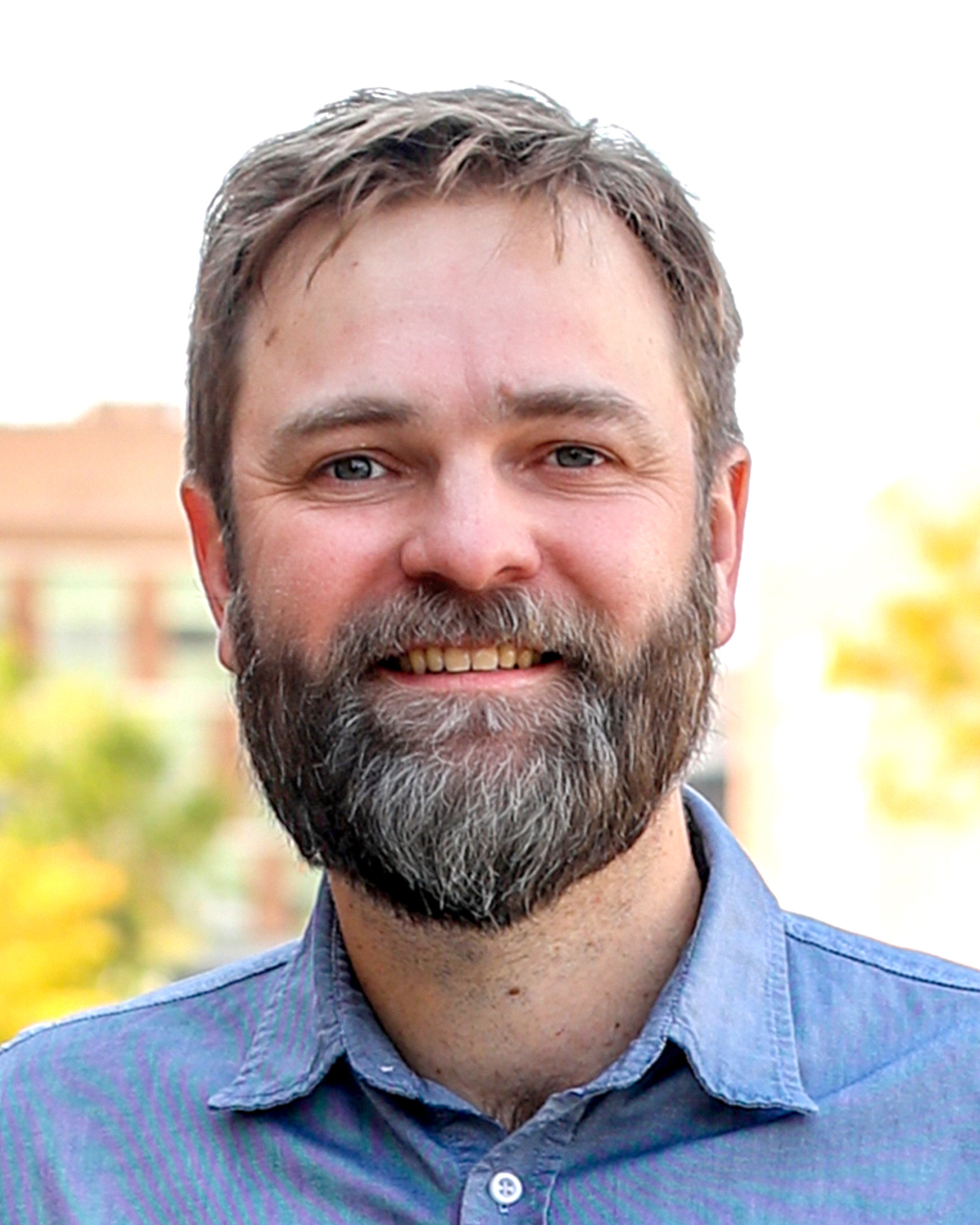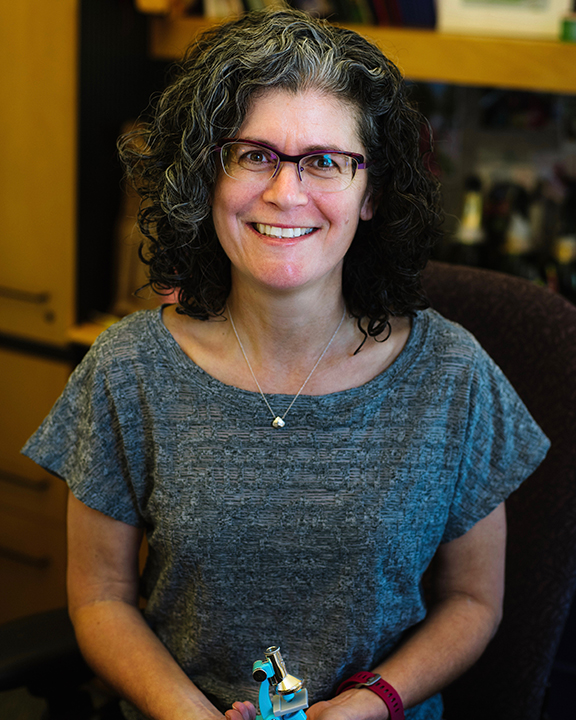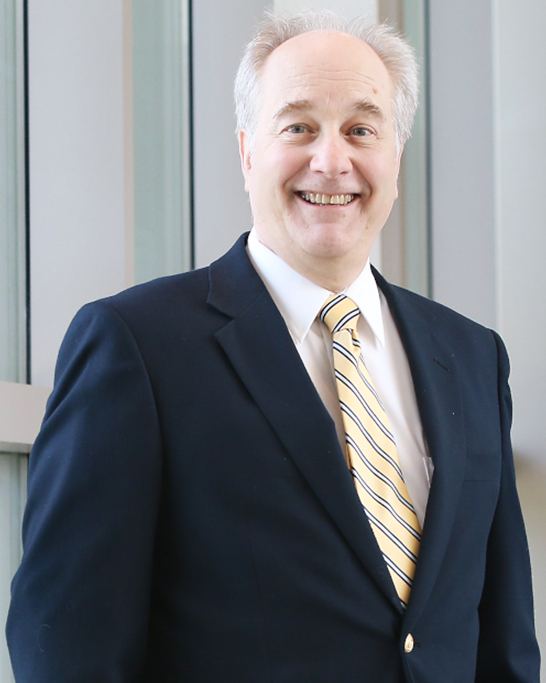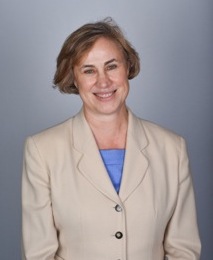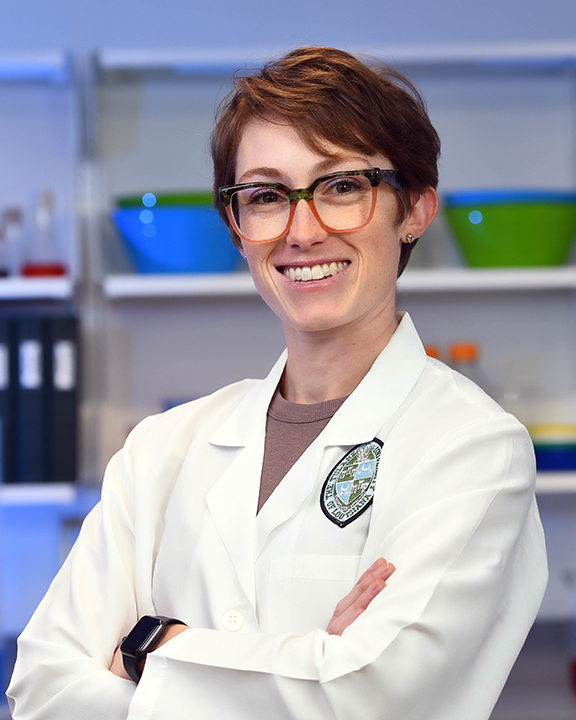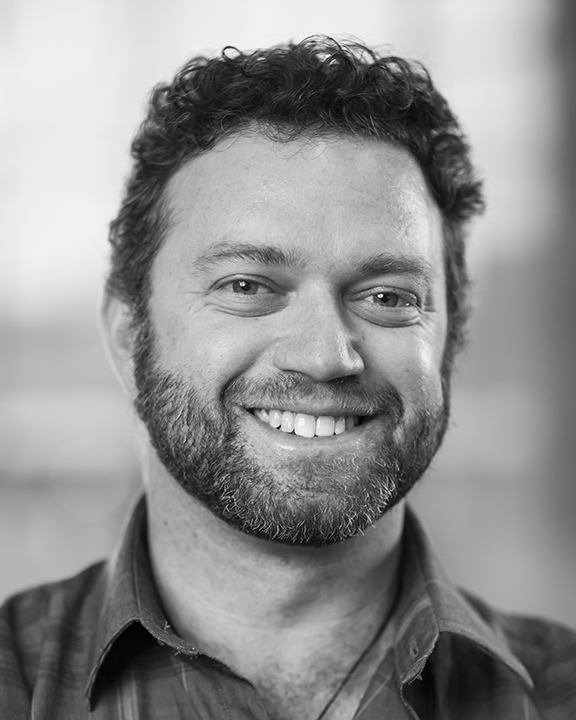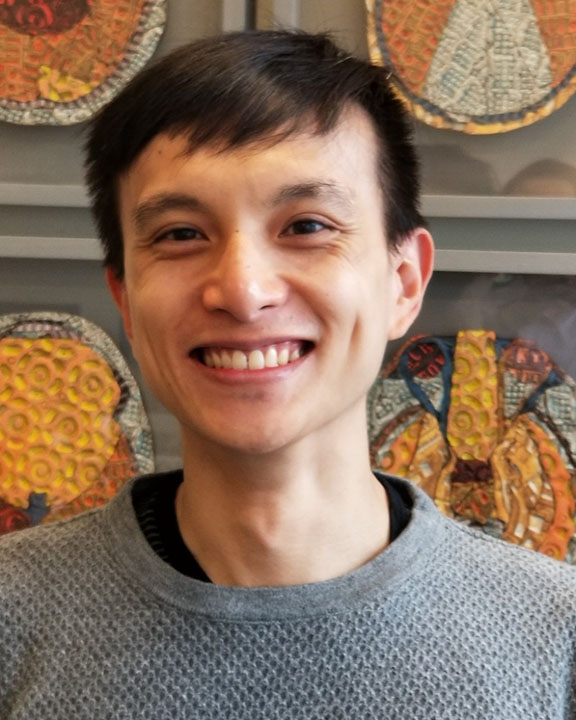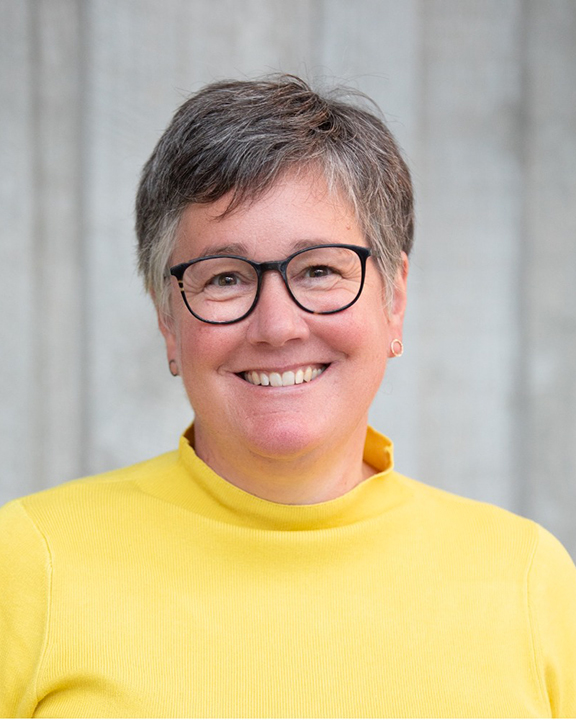Background
MicrobeTV was founded in 2015 by Vincent Racaniello, a professor of Microbiology and Immunology at Columbia University. Vincent began his first podcast, This Week in Virology (TWiV), in September 2008 with Dickson Despommier, father of the Vertical Farm. Although Vincent viewed the creation of a science podcast as an experiment, he was surprised when people began to listen. Since then, MicrobeTV has become a 501c3 nonprofit organization and has continued to create accessible life science-based podcasts in line with our mission of providing free science education to everyone. Now more than ever, people in our world need access to accurate science so they’re able to identify disinformation. If you have the means and would like to help keep MicrobeTV free for all, please donate today,
About Vincent Racaniello, Ph.D.
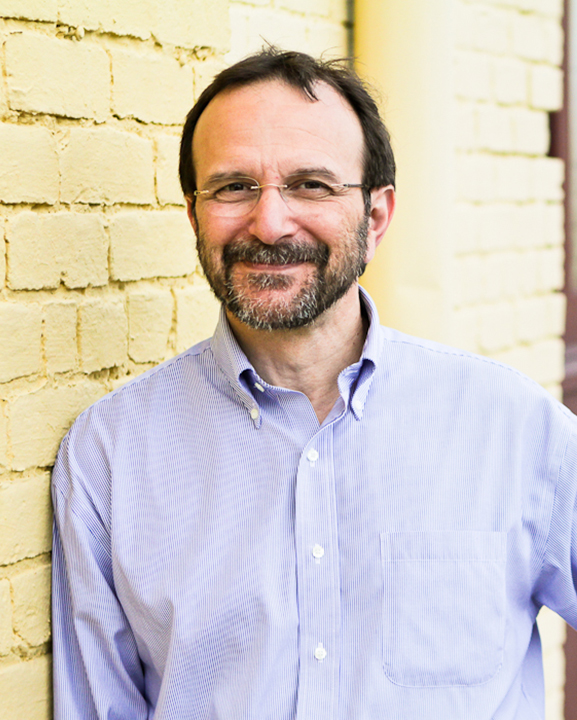
Vincent (@profvrr) is a Professor of Microbiology at Columbia University Medical Center. He has been studying viruses for over 30 years, starting in 1975, when he entered the Ph.D. program in Biomedical Sciences at Mt. Sinai School of Medicine of the City University of New York with a focus on influenza viruses. In 1979, he joined the laboratory of Dr. David Baltimore at Massachusetts Institute of Technology, for postdoctoral work on poliovirus. In 1982 Vincent joined the faculty in the Department of Microbiology at Columbia University College of Physicians & Surgeons in New York City. There he established a laboratory to study viruses, and to train other scientists to become virologists. Over the years his laboratory has studied a variety of viruses including poliovirus, echovirus, enterovirus 70, rhinovirus, and hepatitis C virus. As principal investigator of his laboratory, he oversees the research carried out by Ph.D. students and postdoctoral fellows. He teaches virology to graduate, medical, dental, and nursing students. His virology lectures are available online at iTunes University, YouTube, and Coursera.
Vincent entered the world of social media in 2004 with virology blog, followed by This Week in Virology. Videocasts of lectures from his undergraduate virology course are on iTunes University and virology blog. You can find him on Wikipedia, Twitter, Google Plus, and Facebook. His goal is to be Earth’s virology professor. In recognition of his contribution to microbiology education, he was awarded the Peter Wildy Prize for Microbiology Education by the Society for General Microbiology. His Wildy Lecture provides an overview of how he uses social media for science communication.

